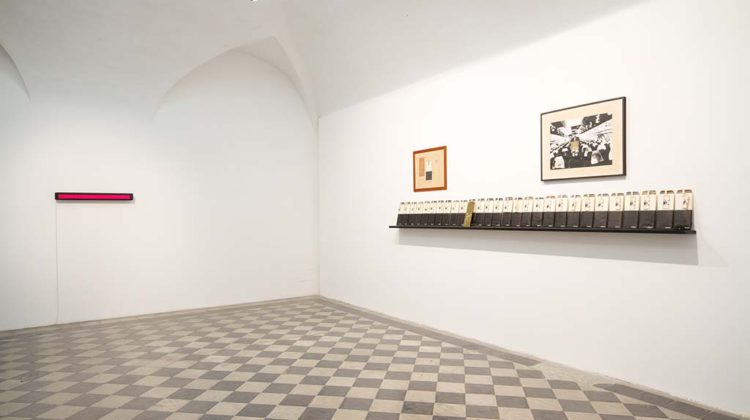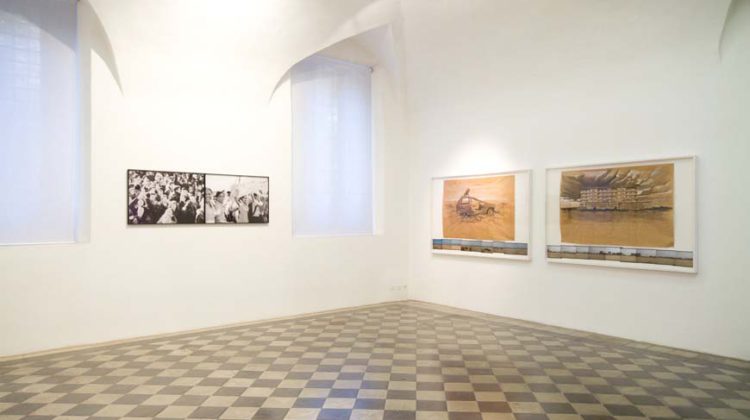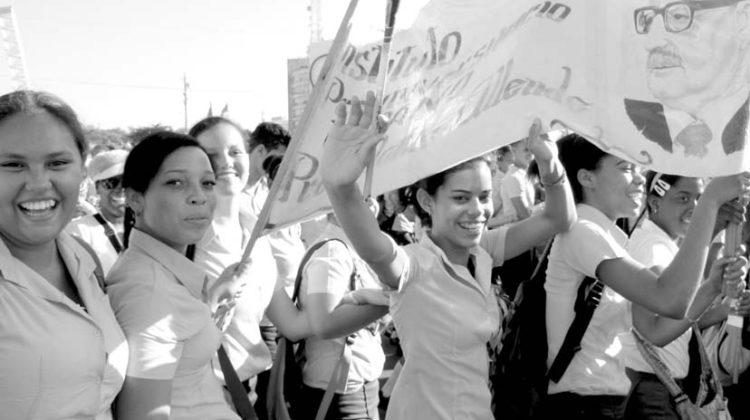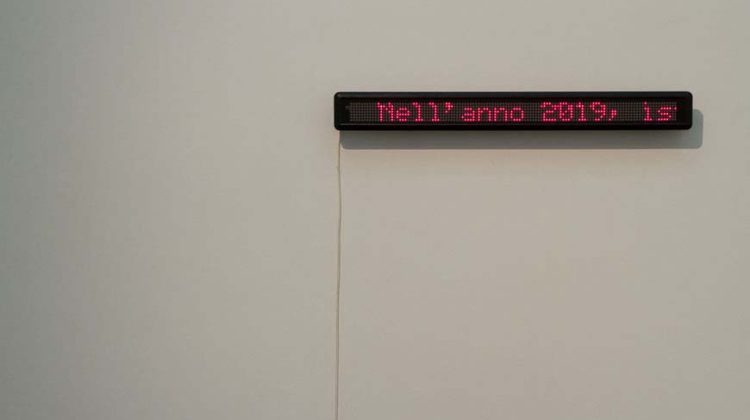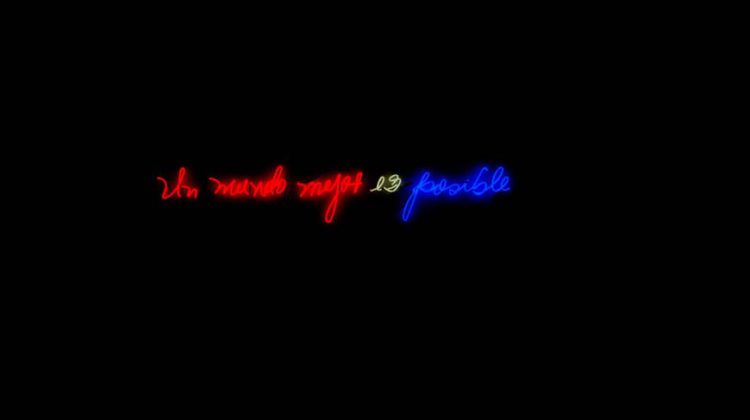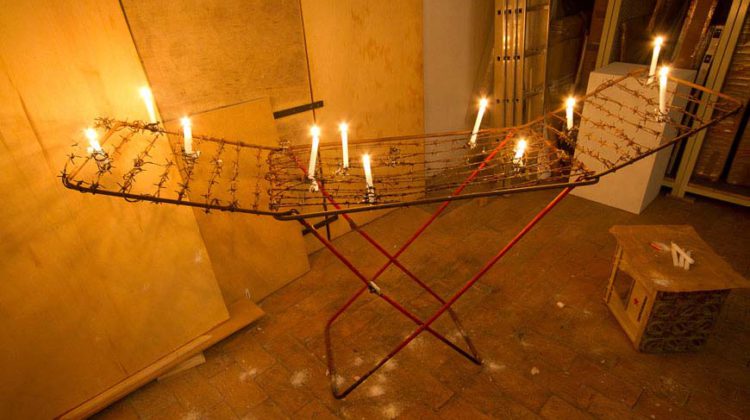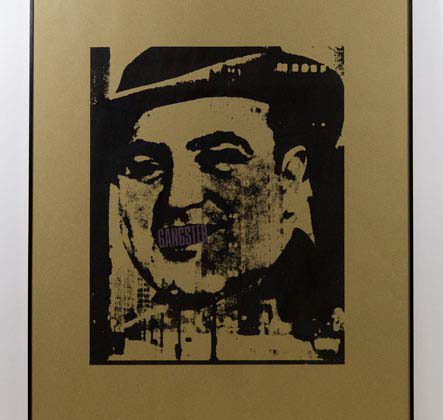Nessuno e niente scompaia
curated by Raffaele Gavarro
On more than one occasion, the French philosopher Jean-Luc Nancy stated that the important aspect of many of today’s works of art is found “in the search, the desire or the will of finding meaning.”
I have always thought that this statement contained many of the considerations that led to the creation of many art works of the last decades, where “an infinite desire of sense” is constant and strong. Not solvable. Not satisfying, obviously, even if I have never thought that this search is or should be decoupled from that of the sense of and in reality, understood in the complex totality of time and space in which we from time to time act. And this, I think, is also Nancy’s idea. Art changes because the world, the reality changes. Simply. Perhaps even vice versa, though in ways that are not certainly attributable to the logic of cause and effect that dominates the narrative of the world. But that’s exactly what we want from a work of art, once it is completed and delivered to the world, and that is that it meets this sense so much “desired” by the work of art itself and by us.
Nessuno e niente scompaia (No one and nothing disappears) is hence the inevitable request that we today ask the work of art, even when we do not do this in a direct and peremptory tone. In a time, in fact, where disappearance is an option of salvation and freedom, but nevertheless also testifies the negativity of the loss, what we ask from the work of art is a presence that witnesses what is no longer, or perhaps is not yet, visible.
Nessuno e niente scompaia, is departing from and takes its form from a “political” work by Fabio Mauri (Rome, 1926 – 2009), Vomitare sulla Grecia from 1972, which is the first “multiplo politico” (“political multiple”) of a series of installations and artistic actions that will last until 1973 and will be collected in the artist book Der Politische Ventilator. It is an installation that expresses a decisive and properly visceral challenge to the fascist regime of the colonels who ruled Greece from 1967 to 1974. It may be one of Mauri’s least known political works but one of the most marked by the events of the time in which it was made. Today this returns to us with a surprising and paradoxical topical strength, in the very way of those works whose staying deeply into reality includes a desire for meaning, in fact, that unfolds it on reality and naturally at different times.
From this work by Fabio Mauri, the exhibition has been developed through relationships and reflections of continuity with artists and works that quite intentionally have created a path of and in Italian art. A thread placed in the hands of Bruna Esposito (Rome, 1960) is passed into those of Raffaella Crispino (Naples, 1979), Valerio Rocco Orlando (Milan, 1978) and Eugenio Tibaldi (Cuneo, 1977), selected among the Italian artists currently most committed to the search for meaning that inevitably brings an involvement in the reality that assumes an ethical character.
Raffaele Gavarro
For any further information please contact:
gallery@unosunove.com
